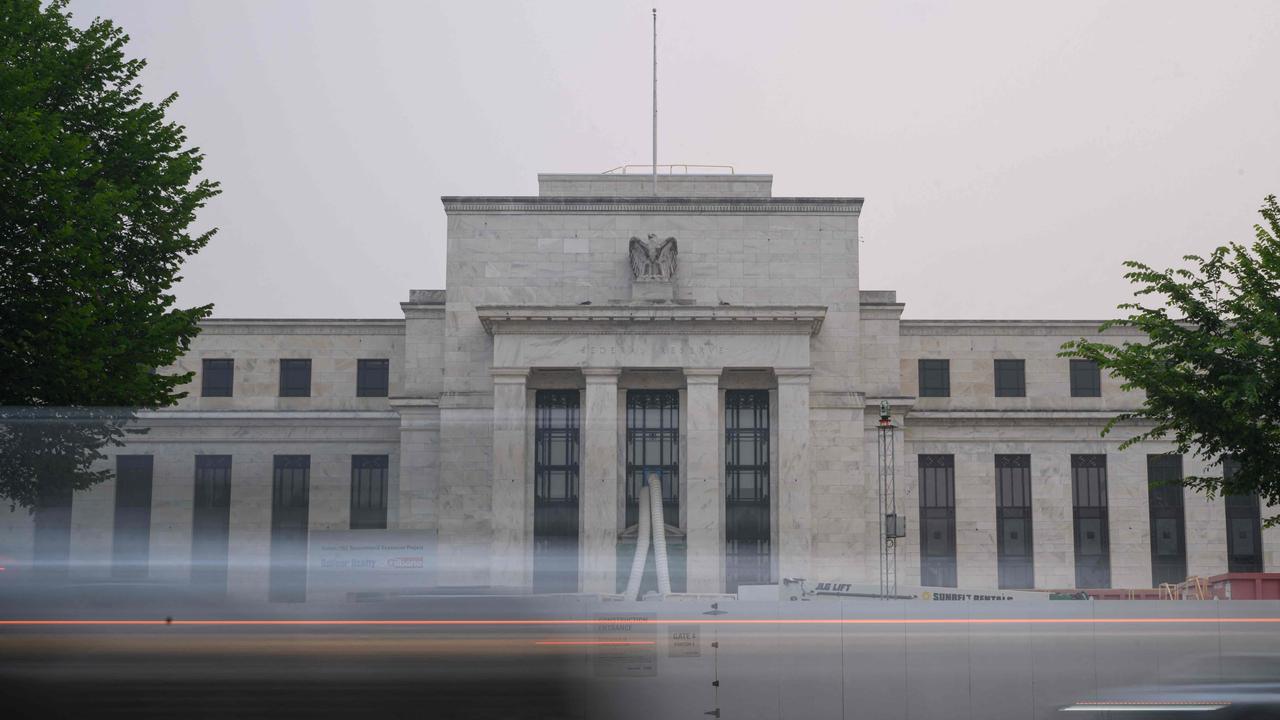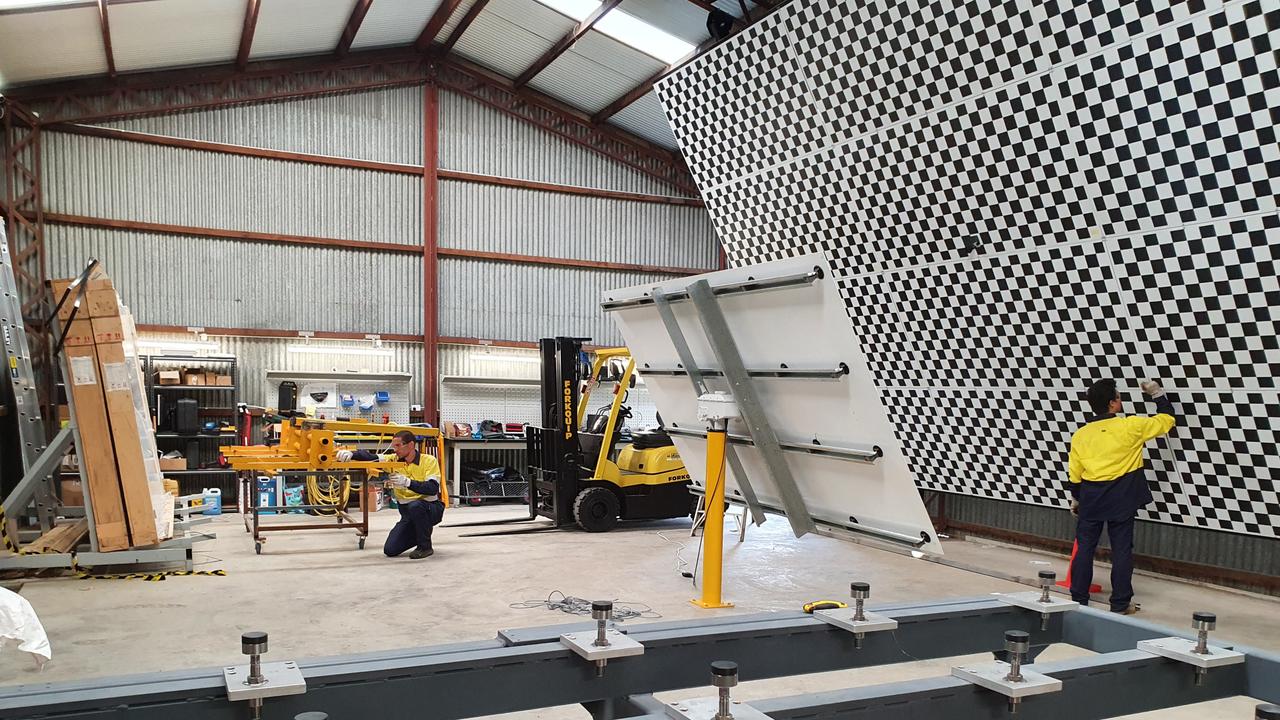Australian share market jumps higher as US Federal Reserve signals softer stand on interest rates
The Aussie share market peaked above the 7000 threshold on Tuesday after the US Federal Reserve signalled an easing of its interest rate strategy.
The Australian share market made its biggest one-day gain in a month, closing higher on Tuesday.
It was buoyed by a positive lead on Wall Street following the US Federal Reserve signalling it may not need to raise its benchmark interest rate again on November 1.
It was pushed higher again after NAB’s monthly business conditions survey showed price pressures were easing.
The S & P/ASX200 rose 1 per cent, or 70.4 points, to close at 7,040.6, above the crucial 7000 mark, while the All Ordinaries similarly gained 1 per cent to reach 7,231.
Across the local benchmark, all 11 sectors finished in the green, with interest rate and bond yield sensitive utilities stocks the star performer, rising 4.2 per cent.
US markets rallied overnight following dovish comments from US Federal Reserve officials which sent the Dow and the S & P500 up by 0.6 per cent. The Nasdaq climbed 0.4 per cent.

The sector rallied after Origin Energy stocks jumped 5.5 per cent to $9.21 on news the Australian Competition and Consumer Commission had approved the $18.7bn buyout buy a Brookfield-led consortium for the electricity and gas wholesaler.
AMP Capital chief economist Dr Shane Oliver said despite the incursion between Hamas and Israel, markets had been particularly strong.
“Obviously if the conflict in Israel expands to include Iran, and poses a direct threat to global oil supplies, investors will become more fearful – energy stocks will benefit and all the rest will be under pressure,” he said.
“But that doesn’t seem to be the way investors are saying things at the moment.”
Dr Oliver said despite a further hike in oil prices on Tuesday, consumers would likely experience falling fuel prices if conflict didn’t spread across the Middle East.

“If the conflict remains limited to Israel and Hamas then there’s no big flow on to oil prices. We’ll just go back to looking at what Saudi Arabia and Russia are doing regarding their production levels and whether higher interest rates are cooling demand.”
Separately, the survey from NAB showed a notable slowdown on wage and price pressures, easing fears among investors that the Reserve Bank’s tightening cycle had further to go.
ANZ senior economist Adelaide Trimbell said the business conditions survey showed most cost and price measures were now at their weakest level since late 2021.

“While we still consider the RBA November meeting live, this slowdown in cost pressures adds to the likelihood that the RBA will continue with its extended pause,” Ms Trimbell said.
Bond markets now ascribe a 31 per cent chance that the RBA will cut rates in December 2024. That’s up from a zero per cent chance last week.
In company news, Lynas Rare Earths climbed 1.6 per cent to $6.49 on the announcement that it had appointed John Huphrey as chairman, succeeding Kathleen Conlon who retires on November 29.
Virgin Australia posted a full-year statutory net profit after tax of $129m, making it the first profit for the airline in 11 years.



